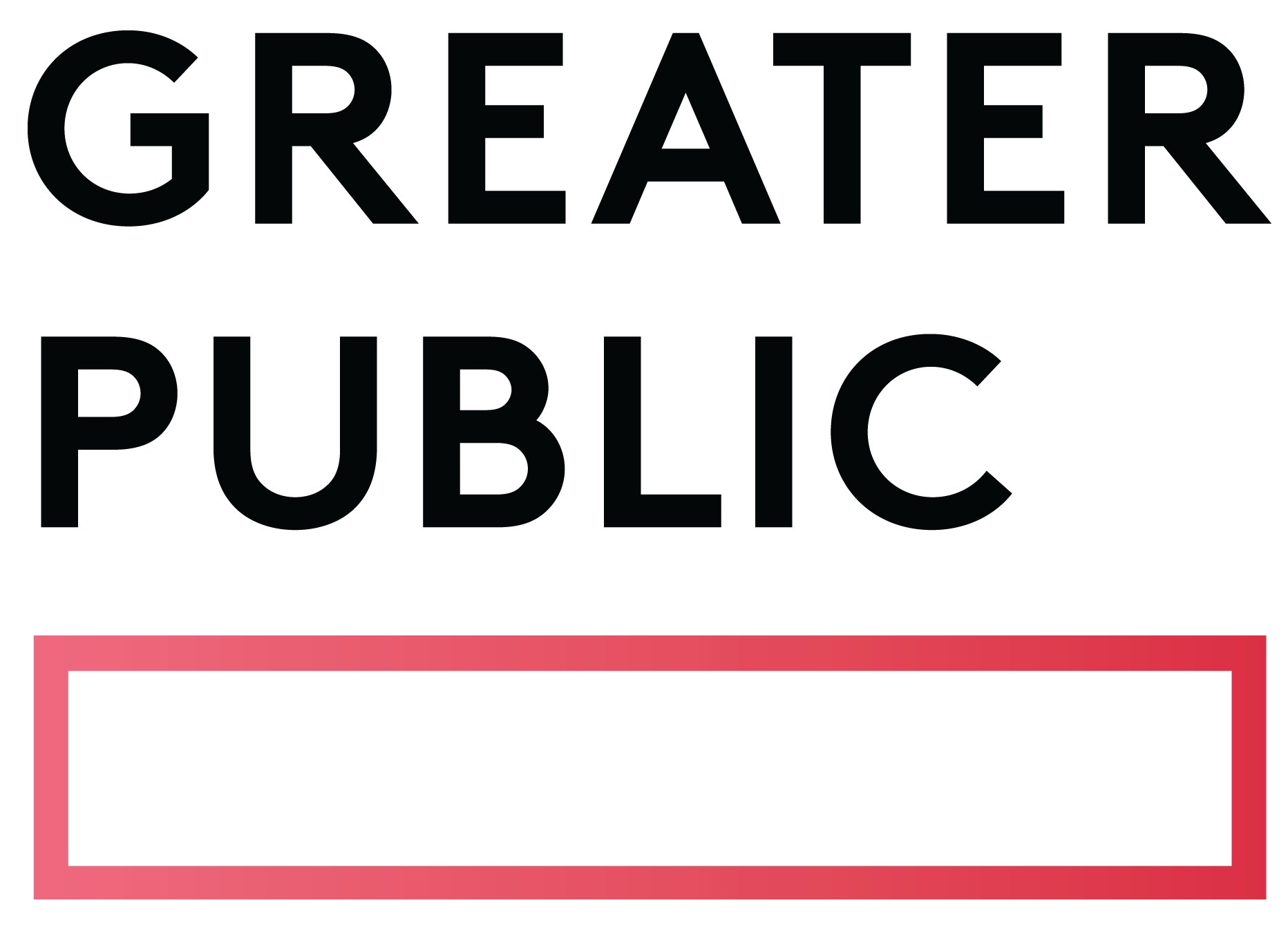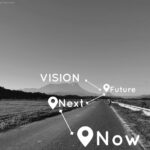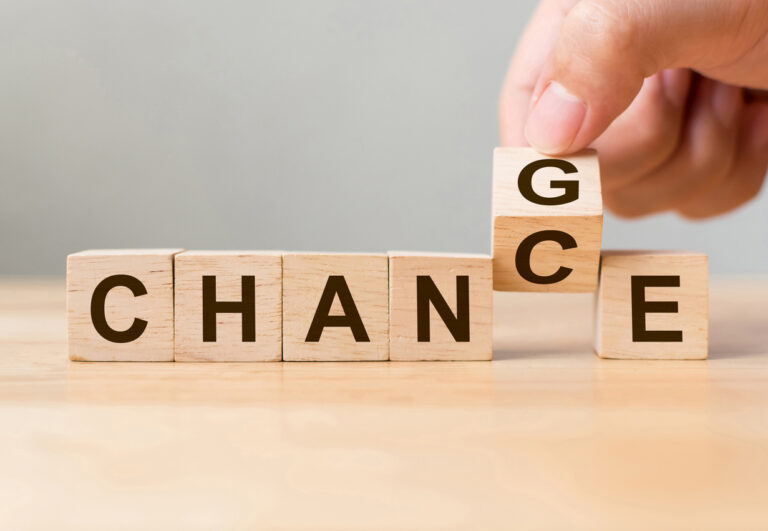When Questlove stepped away to meditate while orchestrating the 2023 Grammy Awards, he modeled a revolutionary act for high-pressure professionals everywhere, including those in public media. This intersection of hip-hop and mindfulness reveals a profound truth: sometimes our greatest power lies in the pause.
Working in public media is a calling, for sure. It’s a commitment to making a difference and serving communities with passion and purpose. But as nonprofit employees, we often face a paradox of stress – the very work that fuels our souls can also drain our reserves if we’re not mindful.
I felt this paradox play out in my own life when I transitioned from commercial to public media: the stress felt different, but its impact remained the same. In commercial media, stress wore a suit and carried sales targets. In public media, it arrived wrapped in purpose, dressed in service. Both consumed energy. Both demanded attention. Both required restoration I wasn’t giving myself.
Years later, This revelation came: you can’t feel stress when numbing it. Through gaining and losing over 700 pounds, I mastered the art of eating my stress rather than addressing it. Every deadline, every fundraising drive, every community crisis was cushioned by unconscious eating. I wasn’t managing stress – I was consuming it.
My situation speaks to a larger truth in public media. We’re so focused on serving others that we often forget to serve ourselves. In the commercial sector, stress is often cushioned by unconscious coping mechanisms like emotional eating. But in public media, our drive to serve others can lead to self-neglect. We skip meals to plan community outreach, subsist on coffee during membership drives, and push ourselves to do more with less. But at what cost to our well-being?
This is why, now more than ever, public media professionals must prioritize rest and restoration. We cannot pour from an empty cup. To sustain the important work we do, we must learn to nourish ourselves – physically, mentally, emotionally, and spiritually.
The statistics tell the story. According to the National Council of Nonprofits, 57% of nonprofit organizations face increased demand for services, while only 22% see increased funding. The University of Notre Dame reports that nonprofit employees experience significantly higher levels of emotional labor compared to their corporate counterparts. And 60% of nonprofits have less than six months of cash reserves. Under these pressures, it’s easy to neglect our own well-being. The stakes feel higher – when an initiative falls short, it’s not just money lost, but people who may go without essential services.
But as Questlove demonstrated, mindful pauses can be transformative. Research shows that mindful pauses reduce stress-related eating by 45%, improve decision-making by 32%, and enhance leadership presence by 38%. For public media professionals facing chronic fundraising pressure and emotional labor, these practices aren’t just self-care – they are survival strategies.
The wisdom of past generations offers a roadmap. My grandmother Annie Mae Welch Petties, a quiet civil rights era pioneer, understood the revolutionary power of the pause. Decades before corporate mindfulness programs, as one of only two Black Avon representatives in 1960s Marshall, Texas – my hometown – she demonstrated how intentional preparation and conscious choices help navigate a sometimes unwelcoming world with dignity and purpose. Her practices, from mindful business planning to purposeful pauses, speak directly to our modern struggles with stress and sustainability.
Today, neuroscience validates what our elders intuitively knew. Mindful pauses reduce stress-related behaviors, improve decision-making, and enhance leadership presence. However, adopting these practices requires a shift in perspective. We must recognize that sacrificing our well-being for the sake of service is unsustainable. When we neglect our own nourishment, we reduce our capacity to serve others effectively. Proper nutrition, stress management, and self-care aren’t indulgences – they’re investments in our ability to fulfill our mission.
This is the restorative evolution public media needs. It’s a call to courageously prioritize our own well-being so that we can shape a values-driven future. It means creating workplace cultures that encourage mindful pauses, healthy habits, and emotional resilience. It means leading by example and showing our communities that true service starts with self-care.
Earlier this month during its 5th Annual Day of Action & Education, Public Media for All highlighted the value of restorative practices as one of the key ways to ensure that our work continues to serve and inspire the communities we represent. As we reflect on building a resilient future for public media, let’s commit to this restorative evolution. Let’s learn from the wisdom of our elders, the insights of modern science, and the example of cultural leaders like Questlove. Let’s empower each other to navigate change with consciousness and compassion.
The work we do matters. The communities we serve depend on us. And to continue making a difference, we must first nurture ourselves. It’s time to release the grind, hustle, and pressure to perform and embrace the flow – a call to pause, reflect, and choose consciously.
This is how we shape a resilient, values-driven future for public media. Not by burning ourselves out, but by learning to rest and restore. Not by sacrificing our well-being, but by investing in it. Not by closing our eyes to stress, but by practicing the revolutionary power of the pause.
Let’s become the practitioners our communities need – courageous leaders who prioritize purpose over pressure, dignity over depletion, and conscious choice over unchecked consumption. Let’s create a future where public media doesn’t just serve but thrives.
The mission matters. But so does the well-being of those who power it. Let this be the year we embrace a restorative evolution – for ourselves, our organizations, and the communities we serve. Questlove showed us, that sometimes the most revolutionary act is to step back, breathe, and begin again with renewed purpose.
Author’s Note: This essay was inspired, in part, by Questlove’s June 14, 2024 interview on NPR’s Fresh Air with Terry Gross. You can catch the full interview here.








